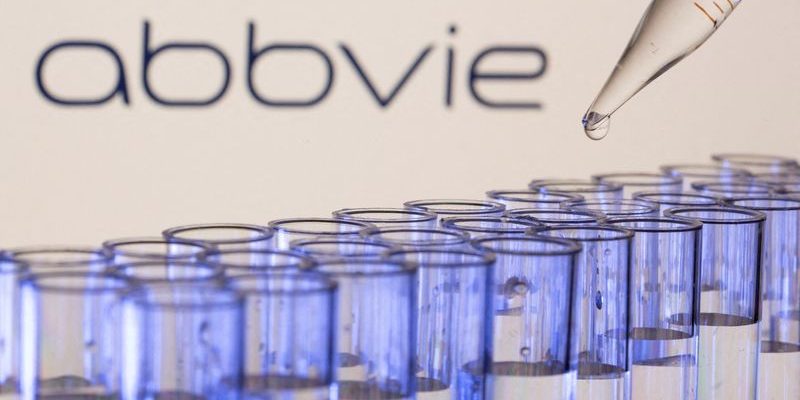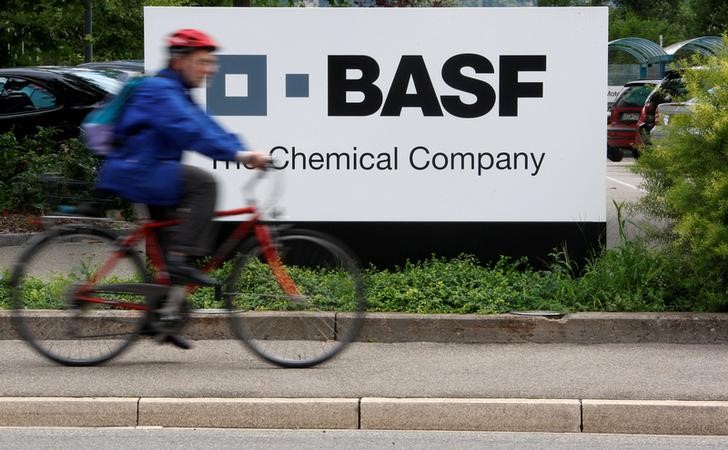
(Reuters) -AbbVie’s drug met the main goal in a late-stage trial when tested in patients with early Parkinson’s disease, the company said on Thursday.
Patients showed a statistically significant improvement when two fixed doses of the drug, tavapadon, as a monotherapy were compared to placebo, as measured on a rating scale.
The Movement Disorder Society – Unified Parkinson’s Disease Rating Scale was developed to evaluate various aspects of Parkinson’s disease.
The trial enrolled 529 adults between the ages of 40 and 80, who had the disease for less than three years.
The drug also met the secondary goal by showing improvement in motor skills required for daily activities in both 5 mg and 15 mg doses at 26 weeks.
AbbVie (NYSE:ABBV) gained access to the treatment with its $8.7 billion buyout of Cerevel Therapeutics.
Tavapadon is being studied as a once-daily treatment for Parkinson’s disease, a nervous system disorder that causes progressive brain damage leading to symptoms that include problems with movement, tremor, stiffness, and impaired balance.
In another late-stage trial, tavapadon improved symptom control in patients when tested as an add-on therapy to levodopa, the standard of care of the disease.
Results from another late-stage trial, studying tavapadon as a flexible-dose monotherapy, is expected by the end of the year, AbbVie said.












